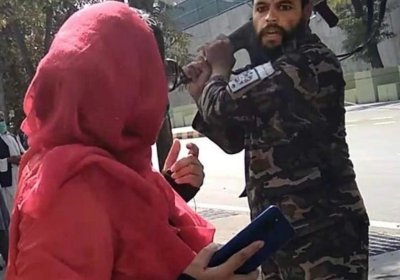Susan Price spoke to a Hazara woman living in Kabul about the attack on Hazara school children, the protests and response by the Taliban.
Hazaras
Following a blast in a predominantly Hazara majority area, which killed 43 and injured 82, women from the ethnic minority community demonstrated against the attacks, demanding the genocide end, reports Peoples Dispatch.
The Federal Court ruled on December 16 that delays by the Department of Immigration and Border Security (DIBS) in making decisions on citizenship were “unreasonable”, prompting hope for people with refugee backgrounds in a similar plight.
One litigant said: “This may set an important precedent for individuals in similar circumstances.”
Acting CEO of Refugee Council of Australia (RCOA) Tim O’Connor said the decision was a “landmark ruling” which recognised the “injustice” citizenship delays had caused.
On December 16, the Federal Court ruled that delays by the Department of Immigration and Border Security (DIBS) in making decisions on citizenship were “unreasonable”, prompting hope for people with refugee backgrounds in a similar plight.
One litigant said: “This may set an important precedent for individuals in similar circumstances.”
Acting CEO of Refugee Council of Australia (RCOA) Tim O’Connor said the decision was a “landmark ruling” which recognised the “injustice” citizenship delays had caused.




